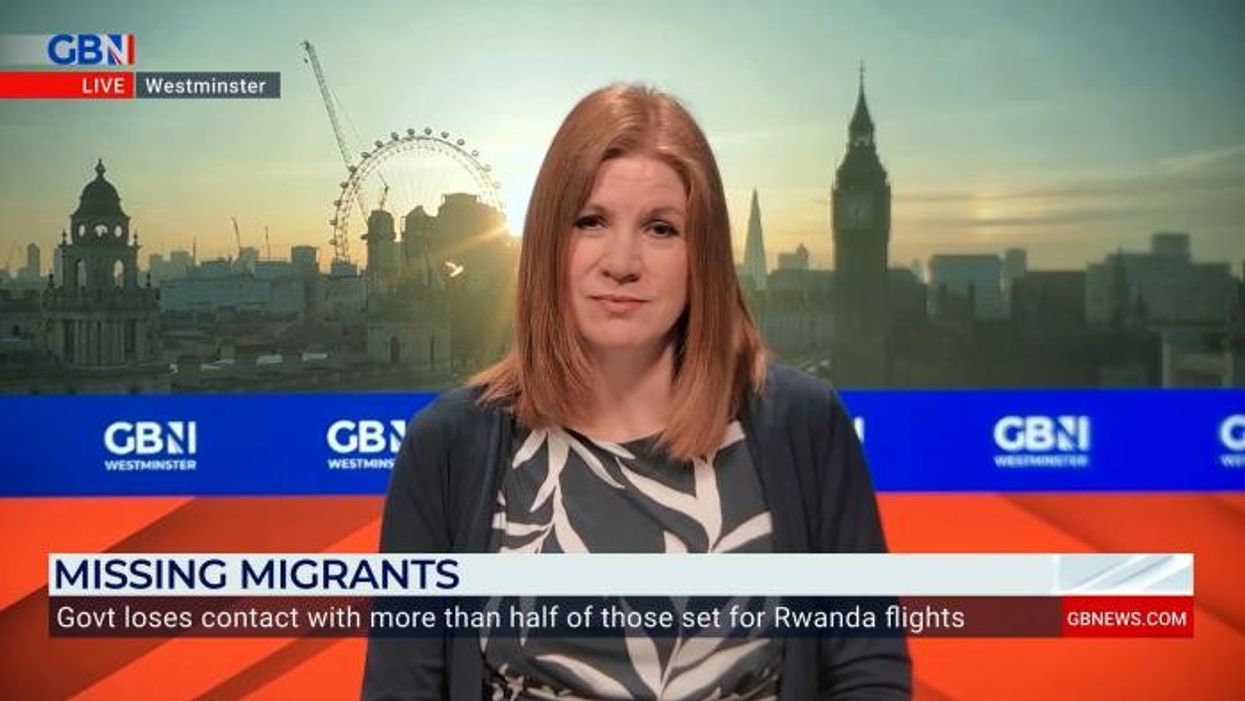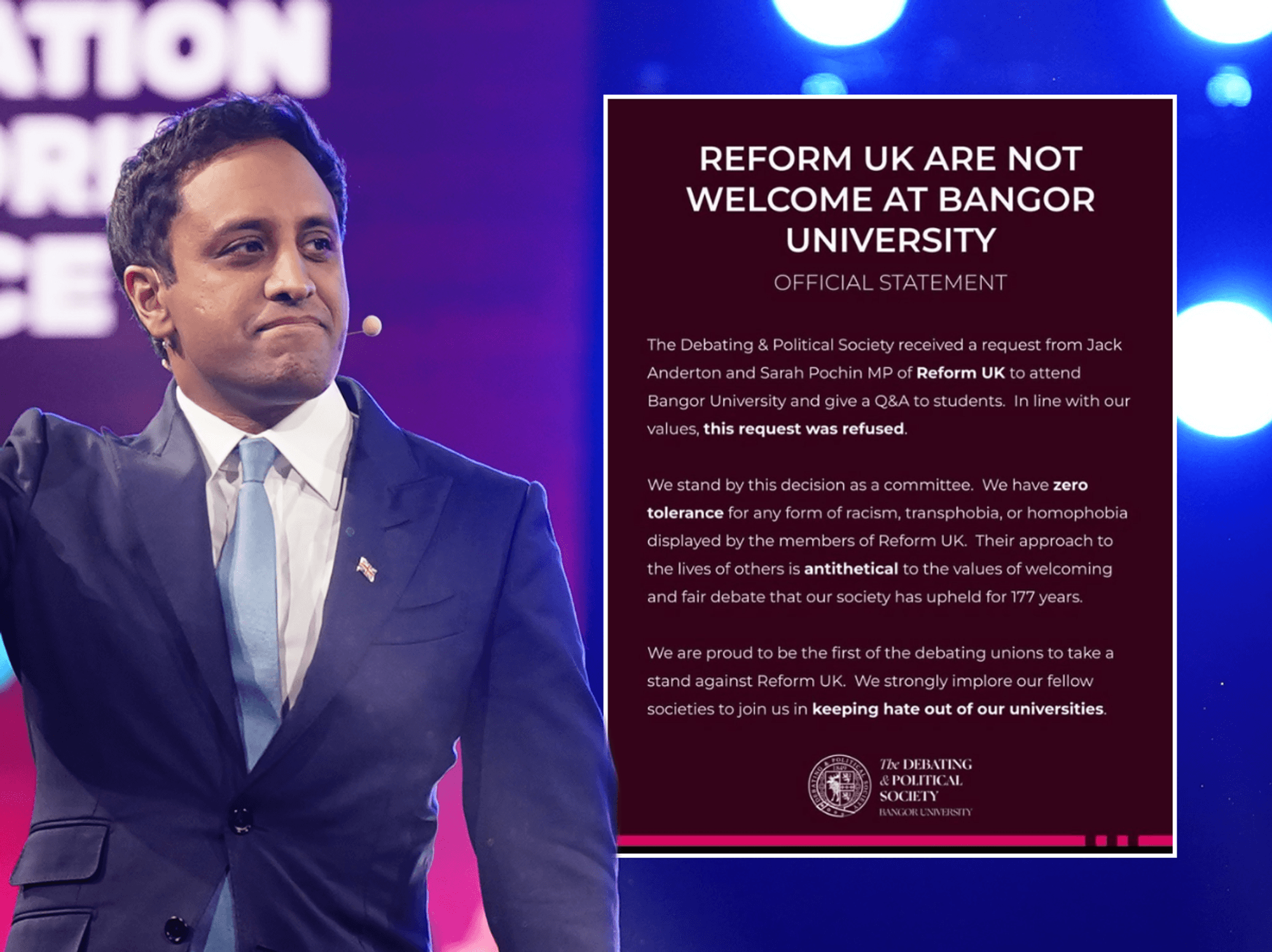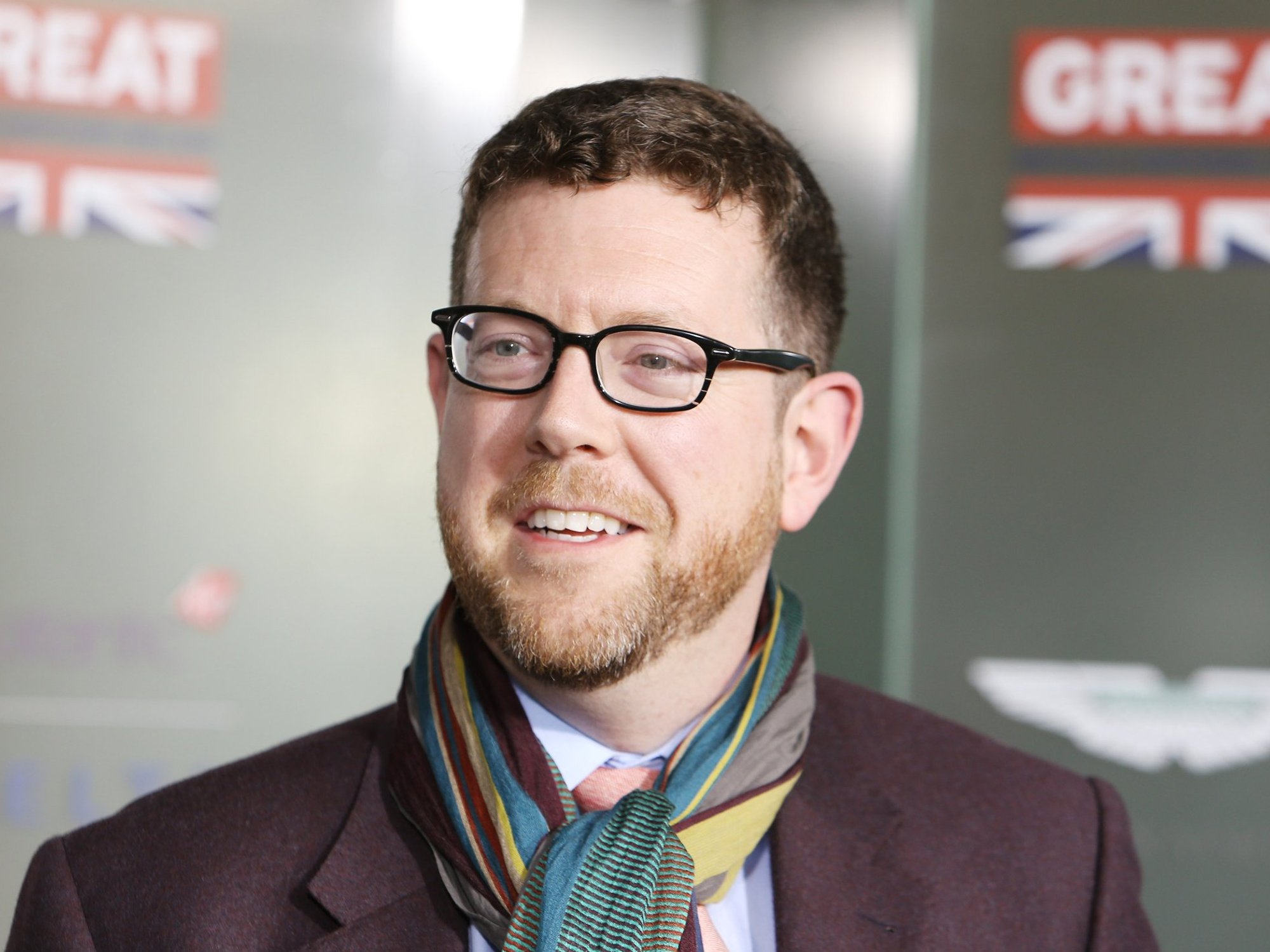Ruthless NHS bosses demanded fingerprints from staff in 'witch hunt' for whistleblower

The 'persecution' left Dr Patricia Mills feeling 'unwell', like she would 'never be the same again', and sparked fears that she could lose her career
Don't Miss
Most Read
Latest
NHS bigwigs on the hunt for a whistleblower on avoidable deaths demanded fingerprints from doctors to try to track them down, it has emerged, as concerns over transparency in the service continue to mount.
Managers at the West Suffolk NHS Foundation Trust were attempting to sniff out the anonymous author of a letter sent to a widower about a staff member involved in caring for his wife, who died at Bury St Edmunds's West Suffolk Hospital six years ago.
The letter included allegations that an anaesthetist had "injected himself with drugs… while in charge of a patient, and it was all hushed up" - and the hospital had covered it up.
When managers moved to track down the letter-writer, they demanded fingerprints and handwriting samples from numerous staff members - which an NHS England-commissioned report later described as "incendiary" and unprecedented.
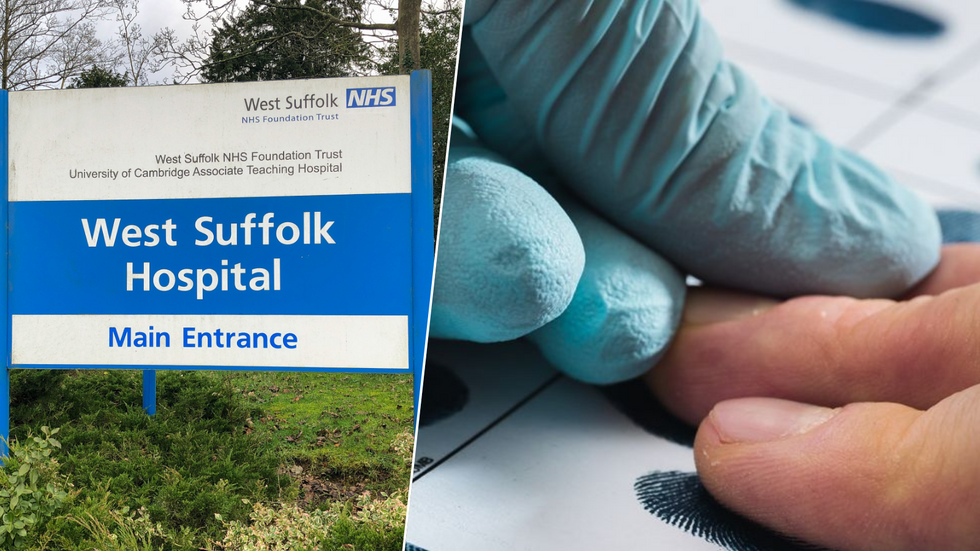
NHS bosses at the West Suffolk trust demanded fingerprints and handwriting samples from numerous staff members
|PA/Getty
Steve Dunn, the chief executive of the West Suffolk trust, went on to resign over the demands - which were labelled a "witch hunt" - when they were made public in 2020.
Dr Patricia Mills, a consultant in anaesthetics and critical care, told the Telegraph that the incident left her feeling unwell, like she would "never be the same again", and sparked fears that she could lose her career.
She said whistleblowers "absolutely don't stand a chance" against NHS bosses - some of whom spent public money on personally investigating leaks, the newspaper claimed.
Dr Mills told The Telegraph: "I was off work at the time for six months... I've never, ever had any time off work, ever - it made me very unwell.
MORE ON THE NHS:
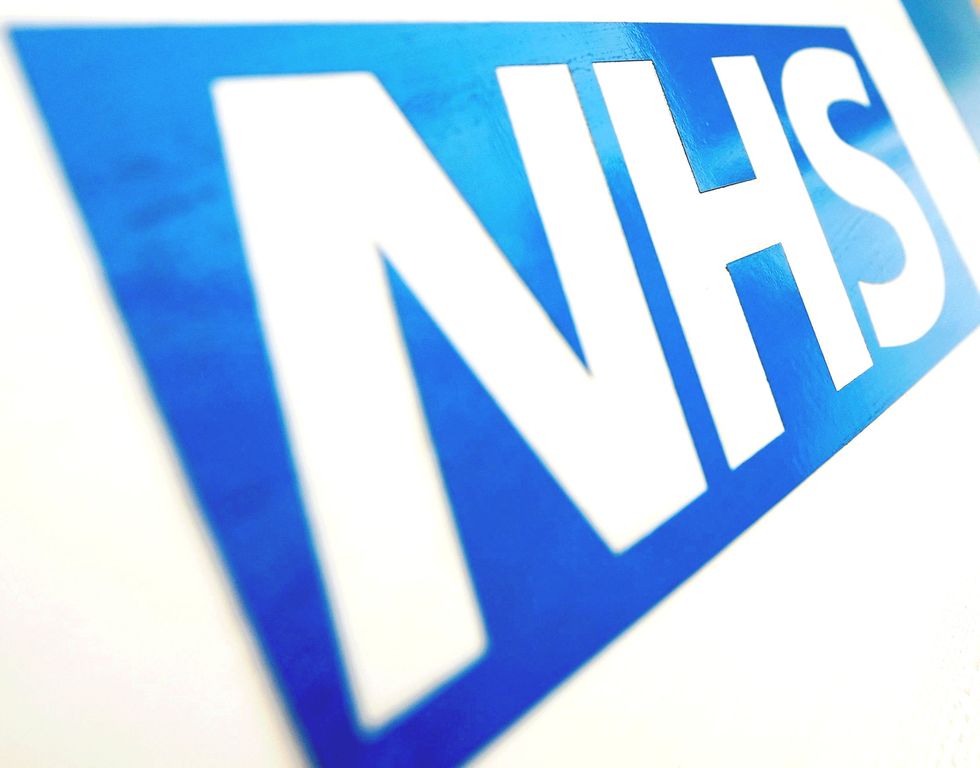
NHS England said the trust's chasing of whistleblowers had lacked "fairness, balance and compassion"
| PA"I will never be the same again - but it wasn't just me... It had a profound effect on everyone who was persecuted, really, by their employer. I wasn't the only one, there were several others."
Though Dr Mills had reached out to the National Guardian's Office - the organisation which "supports workers to speak up when they feel that they are unable to" - in order to fight back against the trust's fingerprint probe, she said its response was "literally useless".
The later NHS England report said: "The requests for fingerprints were incendiary. No evidence was produced to me that fingerprinting had previously been used in the NHS in a potential disciplinary investigation such as this, where the police had already confirmed that there was no evidence that a criminal act had been committed."
The report added that the trust's chasing of whistleblowers was "disproportionate and inappropriate", and had lacked "fairness, balance and compassion".
An inquest into the death in question eventually found that the anaesthetist named in the letter was not directly responsible for her death.
Dr Ewen Cameron, chief executive of West Suffolk NHS Foundation Trust, said: "We accept full responsibility and have apologised to the staff and family affected by the failings surrounding the whistleblowing case… Whilst we've come a long way, we know there is more to do."
The news comes as more than 50 doctors and nurses say they have been targeted after raising concerns about upwards of 170 patient deaths and nearly 700 cases of poor care.
The whistleblowers have alleged NHS bosses are spending millions hiring law firms and private eyes to investigate them instead, leading many medics to quit the profession.
An NHS England spokesman said: "It is completely unacceptable for any member of staff to feel silenced or unable to speak up about issues affecting them or patients.
"Not only should everyone working in the NHS feel they can raise concerns but they must know that they will be acted on and that they will be treated fairly - this is vital for ensuring that the NHS learns from mistakes and provides the best possible care for patients.
"Every NHS trust should be adopting the updated national Freedom to Speak Up policy, and NHS England has recently asked all local areas to urgently ensure staff have easy access to information on how they can raise concerns, including through having a dedicated Freedom to Speak Up Guardian in place.
"Where people are disadvantaged as a result of speaking up, NHS England has ensured there is additional help available with a national scheme in place so staff can receive additional intensive support in these circumstances."


